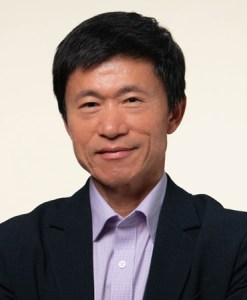We document empirical evidence that surges in capital inflows (outflows) raise (reduce) income inequality. We study the mechanism through which changes in capital flows and capital account policies can influence income distributions in a small open economy model. Our model features heterogeneous agents and financial frictions, with banks intermediating between household savings and entrepreneur investment. Inflow surges disproportionately raise entrepreneur income, exacerbating inequality, while increases in outflows boost the share of household income, alleviating inequality. Under capital-skill complementarity, capital account liberalization that induces net capital inflows raises both the skill wage premium and overall income inequality. These predictions are in line with our empirical evidence.
Erratum: August 2023 (pdf, 316 kb)

